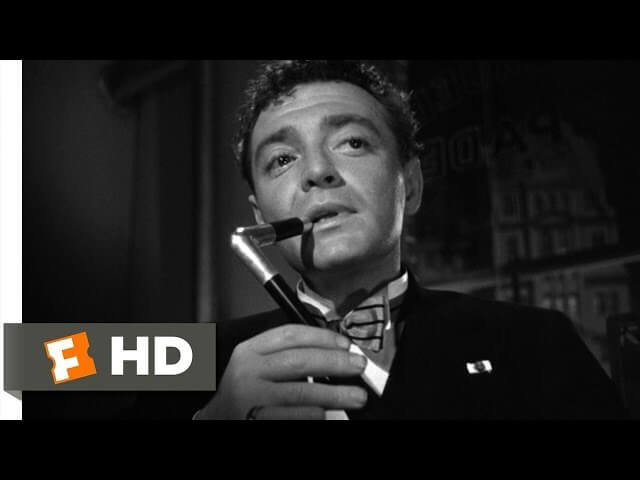A flamboyant discussion of cinema’s code words for homosexuality

Call them “eccentric,” “curious,” “inquisitive,” or “improbable.” Just don’t actually call them gay or lesbian, at least not in a movie. That was the unspoken but widely followed rule in Hollywood for decades. Homosexuality was once known as “the love that dare not speak its name,” a turn of phrase adopted from the work of English poet Lord Alfred Douglas. The movies had plenty of other names for gay and lesbian characters, however, as discussed in a thread at MetaFilter. The jumping-off point for the thread is a pair of semi-satirical articles from 2015 by Mallory Ortberg: “Code Words For ‘Gay’ In Classic Films” and “Code Words For Lesbianism In Classic Films.” Ortberg’s lists, written in collaboration with “left-handed whisperer Connor Goldsmith,” contain a mixture of real and made-up examples, and both get sillier as they go along. Some real doozies here include: “in the way of uncles,” “has a silk bathrobe,” “carries her own purse,” and that old favorite, “standoffish.” Interestingly, Ortberg uses 1970 as her cutoff point for such euphemisms. That was the year of William Friedkin’s The Boys In The Band, a film that brought a new-found candor to the subject of homosexuality in the movies.












![HBO teases new Euphoria, Larry David, and much more in 2026 sizzle reel [Updated]](https://img.pastemagazine.com/wp-content/avuploads/2025/12/12100344/MixCollage-12-Dec-2025-09-56-AM-9137.jpg)



























